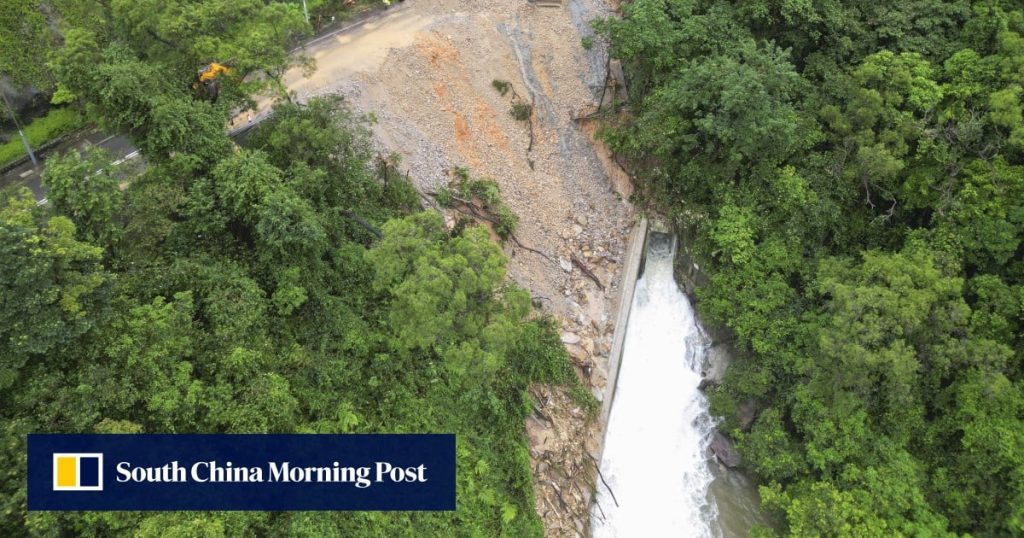Victor Kuk, Swiss Re’s head of property and casualty reinsurance in Southeast Asia, India, Korea, Hong Kong and Taiwan, said that only 16 per cent of climate-related risks in the region were presently insured. Kuk spoke on Tuesday at the Business Climate Forum, hosted by the International Finance Corporation (IFC) and the Hong Kong Monetary Authority.
With a growing number of private-sector companies developing climate adaptation products, which help natural and human systems adjust to the effects of climate change and reduce negative impacts, billions of dollars in insurance market opportunities related to natural, climate-driven disasters are emerging, he added. The protection gap for natural catastrophes alone reached $152 billion in terms of premiums in 2023.
“Weather patterns are changing; we are seeing hotter summers and colder winters,” Kuk said. “Typhoon patterns are also shifting … flooding, which we call a secondary peril, has become one of the costliest types of loss.”
The company manages US$43 billion in global insurance premiums with most covering catastrophe risks.
The investment opportunity in climate adaptation is expected to grow to US$9 trillion by 2050 from US$2 trillion today in the Asia-Pacific region, said Chiara Trabacchi, climate adaptation and resilience lead at the IFC, noting that green bonds have become a crucial funding tool for adaptation projects.


